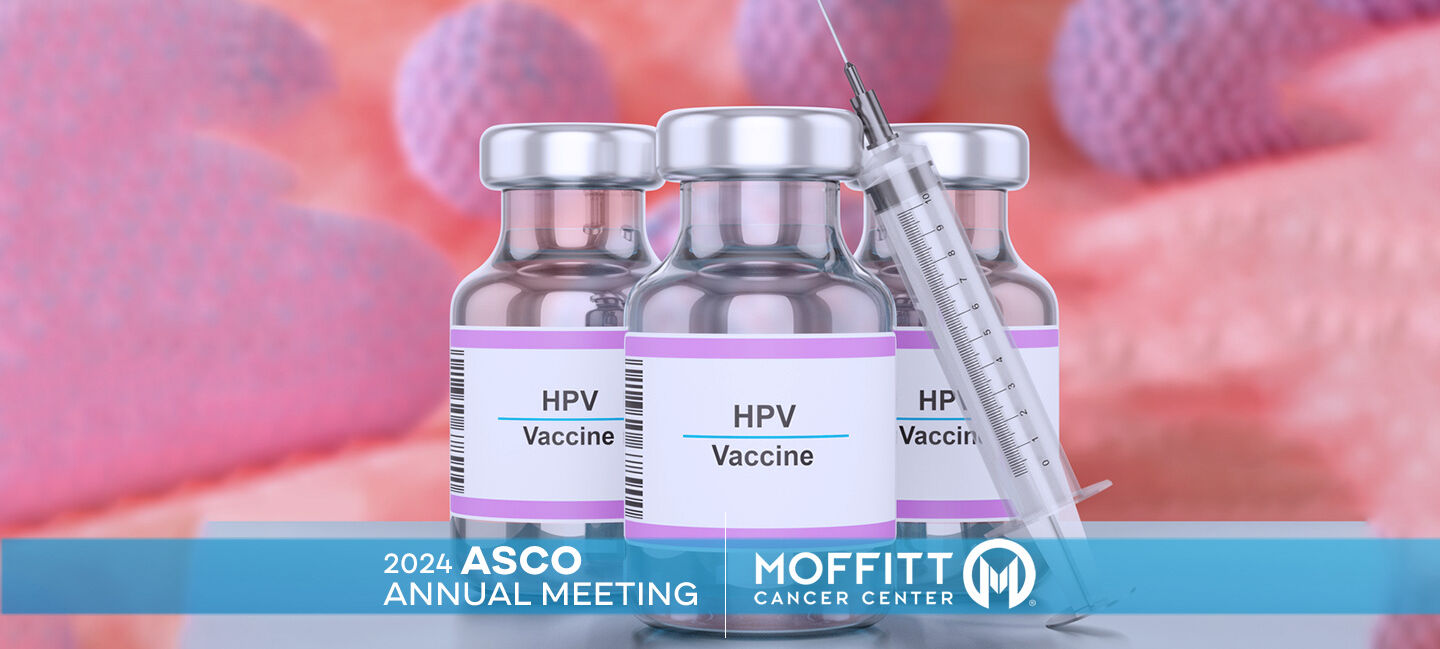New Study Reveals HPV Vaccine Benefits Men, Too
A new study featured at the 2024 American Society of Clinical Oncology Annual Meeting highlights the extensive benefits of the human papillomavirus (HPV) vaccine in reducing the risk of various cancers. The research, which analyzed data from over 3.4 million patients, reveals that the HPV vaccine significantly lowers the incidence of several cancers linked to the virus, particularly head and neck cancers in males.
The study found that vaccinated males had a notable decrease in all HPV-related cancers, with an incidence rate of 3.4 cases per 100,000 vaccinated individuals compared to 7.5 cases per 100,000 unvaccinated individuals. For head and neck cancers, the rate was 2.8 cases per 100,000 among vaccinated males versus 6.3 cases per 100,000 in unvaccinated males.

Monica Avila, MD
"This retrospective database analysis study reflects the prevalence of HPV in specific cancer sites. The results show a higher reduction of head and neck cancers in males because these cancers are more prevalent in males than females. Similarly, the significant reduction in cervical cancers aligns with the high prevalence of HPV-driven cervical cancers out of all HPV related cancers in females," said Monica Avila, MD, PhD, a medical oncologist in the Gynecologic Oncology Department at Moffitt Cancer Center.
The research also confirmed the vaccine's efficacy in females, showing a reduced incidence of cervical cancer among vaccinated women (7.4 cases per 100,000) compared to unvaccinated women (10.4 cases per 100,000). Overall, vaccinated females had lower rates of all HPV-related cancers (11.5 cases per 100,000) versus unvaccinated females (15.8 cases per 100,000).
"For cancers largely driven by HPV, such as cervical cancer, vaccination is highly effective. However, for other lower genital tract cancers like vulvar and vaginal cancers, the impact of HPV vaccination is less pronounced. This is likely due to the lower prevalence of HPV-driven cancers in these sites. For example, while over 90% of cervical cancers are due to HPV, only about 40% to 50% of vulvar cancers are HPV-related, which explains the limited impact of the vaccine on these cancers. The study evaluated cancers most commonly attributed to HPV, but it is unclear if in the database they were able to corroborate that each cancer documented was HPV-positive. " Avila noted.
The study, conducted by researchers at Thomas Jefferson University, emphasizes the critical role of HPV vaccination in cancer prevention. The team stresses the need for effective interventions that increase HPV vaccination rates, especially considering that less than 60% of teens aged 15 to 17 are vaccinated for HPV.
"The takeaway from this study is clear: HPV vaccination is extremely effective for preventing cancers that are predominantly caused by HPV," Avila said.
Future research will focus on the long-term outcomes of HPV vaccination, particularly in older populations, and will aim to identify demographics with lower vaccination rates to enhance public health strategies.



